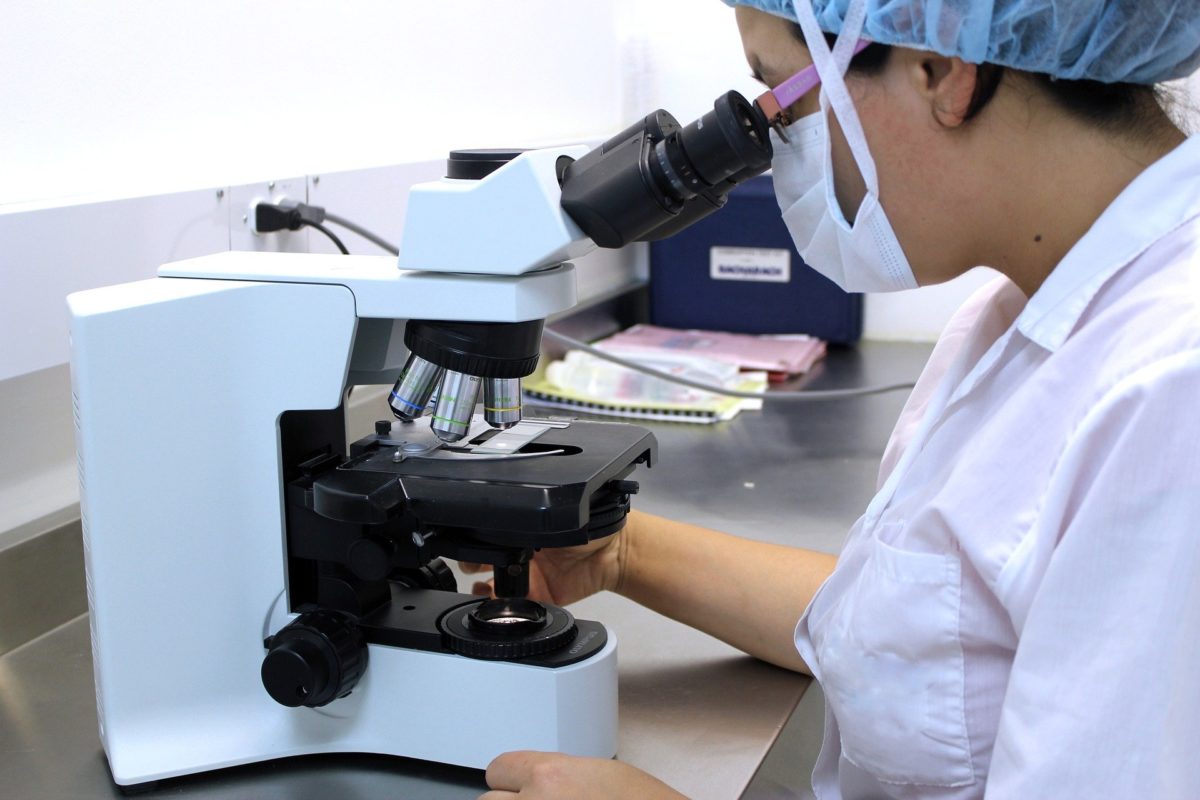The Marsden Fund has allocated $82.345 million (excluding GST) to 120 research projects. The grants support research in the humanities, science, social sciences, mātauranga, mathematics, and engineering for three years
This year, one large interdisciplinary project received the prestigious Marsden Fund Council Award worth $3 million (excluding GST). The project will investigate ways to decipher gravitational waves – ripples in space-time caused by accelerating massive objects.
The extensive collaborative team led by Professor Renate Meyer from the University of Auckland will be bringing together expertise in mathematics, computational science, fundamental physics, and novel statistical methodologies from across New Zealand to make core contributions to gravitational wave science and facilitate participation in the international LISA (Laser Interferometer Space Antenna) mission.
Marsden Fund Fast-Start grants support early career researchers to develop independent research and build exceptional careers. In 2021, there were 44 recipients of Fast-Start grants for a total of $15,840,000 (excluding GST).
The success rate was 10.8% for these awards.
Projects for funding this year cover a broad range of topics that include an investigation of conspiracy theory beliefs; Cook Islands Māori language; young onset Parkinson’s disease; the effects of climate change on the kuku green lipped mussel; more sustainable South Pacific tourism in a COVID-19 world; and how girls deal with the potential dangers and potential social benefits of online media.
Established researchers and their teams were awarded 75 Marsden Fund Standard grants with a success rate of 10.2%. These research projects will address a wide range of issues of both local and international importance; from how we age; understanding the mechanism of an artificial nose; how body temperature is regulated during pregnancy; through to investigating whether the building blocks of life can form in the atmosphere of Titan, Saturn’s largest moon.
Marsden Fund Council Chair Professor David Bilkey says:
“It’s great to see the increasing engagement with mātauranga Māori, which has been recognised across a range of disciplines.
“Some examples include studies investigating the cultural importance, sustainability and affordability of urupā tautaiao (natural burials); exploring the potential for green innovation – including by Māori – in the environmental impact of body disposal; the genetic variations associated with gout; and using cutting edge tools to better align archaeological findings with Māori history. Some of the funded projects have also committed to supporting early career Māori researchers through endeavouring to recruit Māori students – an effort we commend for its potential positive impact on the under-representation of Māori in academia.”












